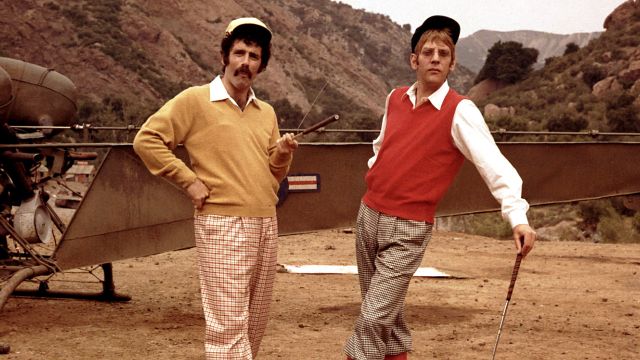In his 81 years on earth, Robert Altman directed 40 movies and over 30 episodes of television — maybe it’s because of his Midwest upbringing or simply because of how many years he lived, but he always managed to capture the spirit and the heart of America within the confines of his various projects. Managing to rake up seven Oscar nominations in his vast and eclectic career as a filmmaker, Altman was never without the praise he deserved. In 2006, the year of his death, Altman was granted an honorary Academy Award for his career spent directing films that repeatedly shaped the medium and inspired moviegoers across the globe. After all was said and done, Altman left behind a filmography of projects that serve as a time capsule of the 20th century. His movies spanned those hundred years, stretching from a party in the 1930s to the trials and tribulations of the Korean War in the 50s to the state of the film industry in the early 90s. Looking back, over a decade after his death, Altman’s filmography is filled with plenty of incredibly solid features.
Nashville

One of Altman’s earliest biting satires, 1975’s Nashville takes look at the gospel and country music scene in the capital of Tennessee. It’s a series of success stories and failures intertwined with the story of an important presidential primary. Altman was always able to do this incredibly well: Weave satirical success stories with real-life politics. The movie has 24 main characters, an hour or so of musical performances, and plenty of story to keep the viewer busy — it’s a mosaic, and it’s Altman’s masterpiece.
McCabe & Mrs. Miller
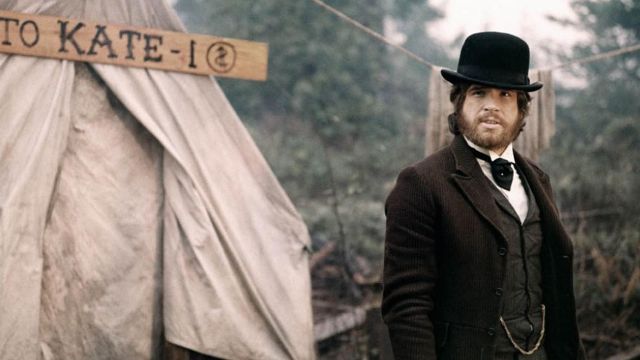
Similarly to Nashville, 1971’s McCabe & Mrs. Miller is also a success story. This time, instead of focusing on the music industry, the pseudo-western focuses on a grubby gambler and a witty woman who go into business together in a small Washington town during the early 20th century. Soon after they start to turn a profit, a bigger business comes to town to try and buy them out. It’s a comment on the inherent unfairness of free-market capitalism and the lawlessness of the west, and it’s one of Altman’s very best.
The Long Goodbye
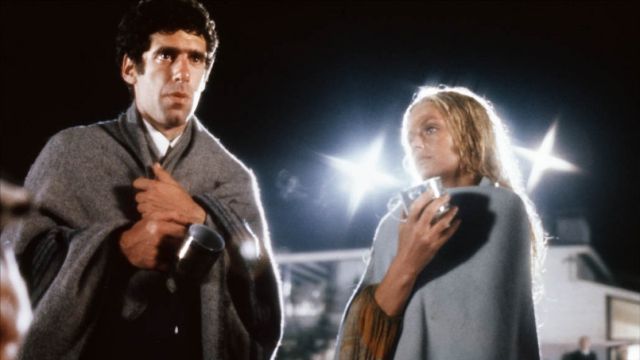
Loosely based on the novel of the same name, Altman’s The Long Goodbye takes place in the midst of 1970s Hollywood. It’s something he always seemed to be fascinated in — one of his later films takes place in 1990s Hollywood — and something he clearly knows a lot about. The movie stars Elliot Gould as a private eye in the midst of his most confounding case yet. Altman might be most praised for his dramas and satires, but The Long Goodbye proves he was plenty capable of doing thrillers, too.
3 Women
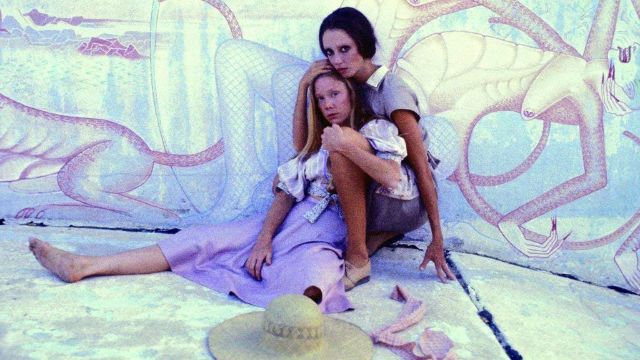
Despite seeming like a simple drama on the surface, Altman’s 3 Women is far more avant-garde than it leads one to believe. Starring Sissy Spacek, Janice Rule, and Shelley Duvall, the film examines the increasingly strange relationship between a woman, her coworker, and her roommate in a small California town. Duvall and Spacek are no strangers to these kinds of performances — see Carrie and The Shining — but it’s Altman who manages to evoke something unique from each of them here.
Short Cuts
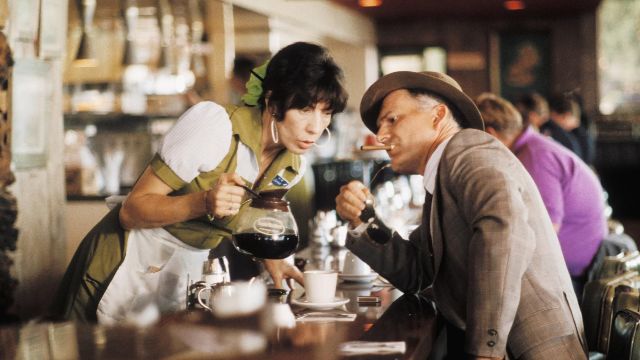
Another mosaic of a film, Short Cuts follows the loosely connected lives of a plethora of Los Angelenos. Like Nashville, Altman’s clearly operating on another level here: Not many directors could manage to keep track of this many plotlines (or keep this many plotlines interesting, at that). Also like Nashville, Short Cuts boasts an all-star lineup of actors including Julianne Moore and Lily Tomlin. Altman is beyond capable of juggling more than most directors would ever dream of taking on.
California Split
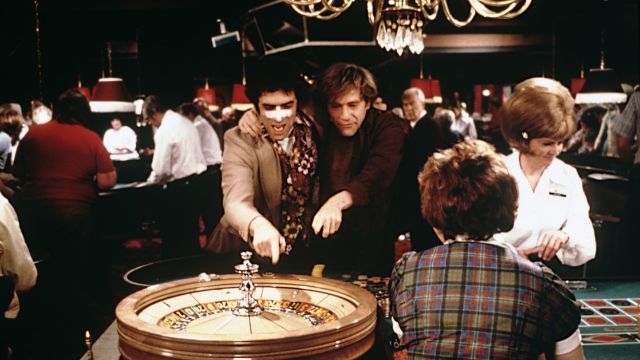
Again starring Elliot Gould, Altman’s 1974 film California Split follows two gamblers wrongfully accused of collusion and the subsequent bond they form due to their shared experience. It’s a comedy more than anything else, one about the bond between two acquaintances-turned-close friends and the things they love to bet on. Regardless of whether his leads are winning or losing, Altman’s film ultimately comes out on top.
The Player
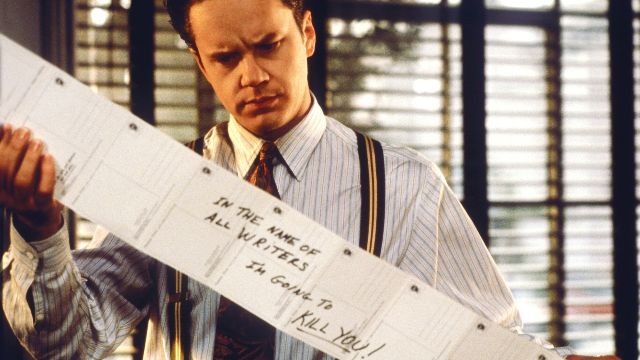
Instead of spoofing the music industry, Altman’s 1992 comedy The Player is an unrelenting satire of Hollywood and the daily lives of those behind-the-scenes. Starring Tim Robbins as a loathsome movie executive, The Player also sees plenty of Hollywood types playing themselves as Robbins’s character tries to figure out which of his rejected writers is sending him death threats. It’s as dark as it is comedic, and it’s one of Altman’s most important takes.
Images

One of Altman’s most enigmatic and unique films, Images sees Susannah York killing off the ghosts that haunt her, unsure of if they’re actually real or not. Images is one of his lesser-praised films, but one that deserves plenty of attention when assessing his strongest films. Of everything he’s done, Images might be the film that remains with the viewer the longest after the credits roll.
Brewster McCloud
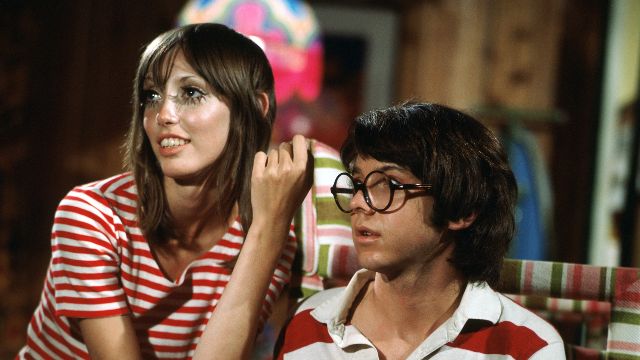
What in the world is Brewster McCloud? It’s a comedy, it’s an experimental film, it’s a fairy tale, and — above all else — it’s a Robert Altman film for the ages. The movie focuses on a boy trying to build himself a pair of wings, but it’s about so much more than that: bomb shelters, murders, bird droppings… it’s one heck of a film. Brewster McCloud might be one of Altman’s earliest work, but it’s just as easily one of his most absurd and original.
Secret Honor
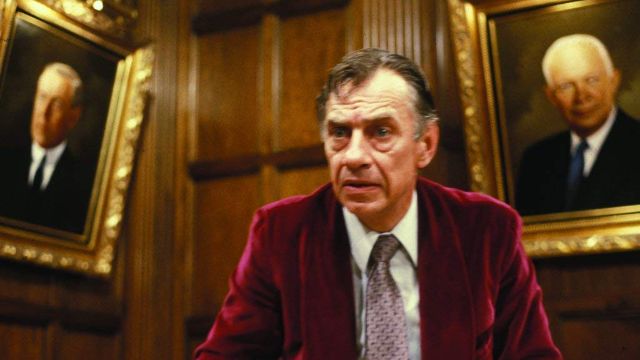
Following an embarrassed and disgraced Richard Nixon over the course of one night as he records his life on a set of tapes, Secret Honor never leaves Nixon’s office as actor Philip Baker Hall gives one of his greatest performances as the former president. It’s really a fantastic film and one that has to be seen to be believed. Based on a play, it’s easy to see how the entire thing could consist of just one single stream-of-consciousness rant. Still, Altman’s fingerprints are all over the thing.
We are a participant in the Amazon Services LLC Associates Program, an affiliate advertising program designed to provide a means to earn fees by linking to Amazon.com and affiliated sites.
